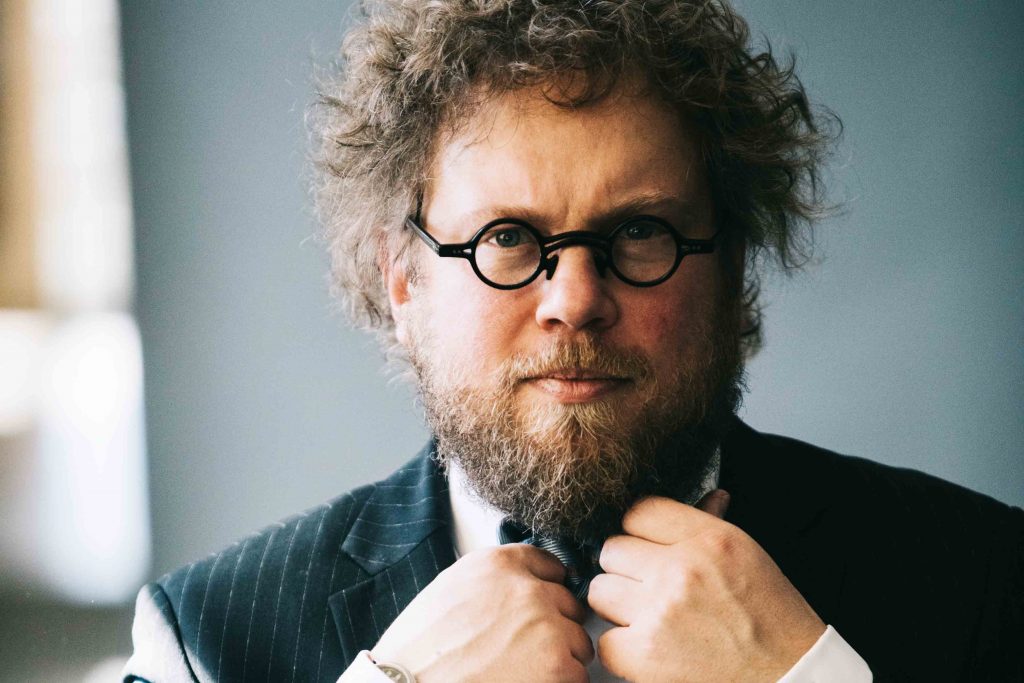While the concept of citizenship may have been born out of a desire for equality, the 21st century reality is anything but equitable. Speaking at April 1 at BC Law on “Citizenship and Residency in the Age of Technology,” Professor Dimitry Kochenov of the University of Groningen tackled the inequalities of citizenship and examined ways in which the concept of citizenship may be changing.
Kochenov began by discussing Estonia’s e-residency. In a program launched in 2014, the Baltic nation began allowing people around the globe the opportunity to become virtual residents. These virtual denizens, who need never set foot in Estonia, receive a digital ID card that allows its e-residents the option of banking, starting businesses, and more within the European Union.
The appeal of this program, explained Kochenov, stems from the reality that citizenship in some countries is much more valuable than citizenship in others.
Some of the examples of such inequality are obvious: citizenship in a country such as Lesotho, in Africa, does not come with access to healthcare that citizenship in a more developed country in the European Union may have, he explained.
Some of the inequities are less obvious. Giving an example from the Quality of Nationality Index, which Kochenov created with Christian Kälin, the chairman of Henley & Partners, Kochenov compared the cases of the United States and France. “If you’re American, you benefit from excellent status and an excellent package of rights within your own country but nowhere else,” he said. “If you’re French, you have those rights in 41 additional countries,” because of France’s “deep agreements” with fellow EU countries and beyond, to the Organisation for Economic Co-operation and Development member countries, he explained.
Looking at the status of citizens in undeveloped nations, developed nations, and those that offer “supercitizenship” extending to a vast network of countries, Kochenov noted that “there are overwhelming discrepancies in the quality of those statuses.” In other words, not all citizenships are created equal.
Increasingly, however, technology and transnational citizenship are reshaping our concept of citizenship. In addition to Estonia’s e-residency program, many other countries offer citizenship (including passports) to those with resources to spend on lawyers or investments in a potential host country. This path, however, is expensive. “Not everybody can suddenly afford a legal team to dig up European roots,” said Kochenov. “Not everyone can travel to the US to give birth.”
The result is that even as the idea of citizenship appears to be becoming more open, it is actually increasing inequity. “Those who come from the worst countries seem to be excluded by the opportunities provided by the liberalization of citizenship around the world,” Kochenov said, noting that “82 percent of the world’s population is excluded from an honest distribution of rights and opportunities.”
In technology, Kochenov sees potential solutions. He gave the example of his own personalized, chip-embedded EU identity card, which allows easy access when he returns home to the Netherlands because it recognizes him as an individual. If such chip-embedded ID cards became more common and replaced standard passports, he said, they could allow people to travel and live more freely, based on their individual traits. Such an individualized identity card could allow mobility based on positive traits (the holder’s desirable skills, for example) or the lack of negative ones (allowing access to individuals rated as at a low risk for violence or terrorism, despite their country of origin).
“What would be an upgrade is making states see human beings beyond their citizenship,” he said. Ultimately, he concluded, “to break the vicious circle, you break the borders. You break the borders one at a time.”
Kochenov’s talk was sponsored by BC’s Clough Center for the Study of Constitutional Democracy and the Law School’s Internet and International Law societies.


